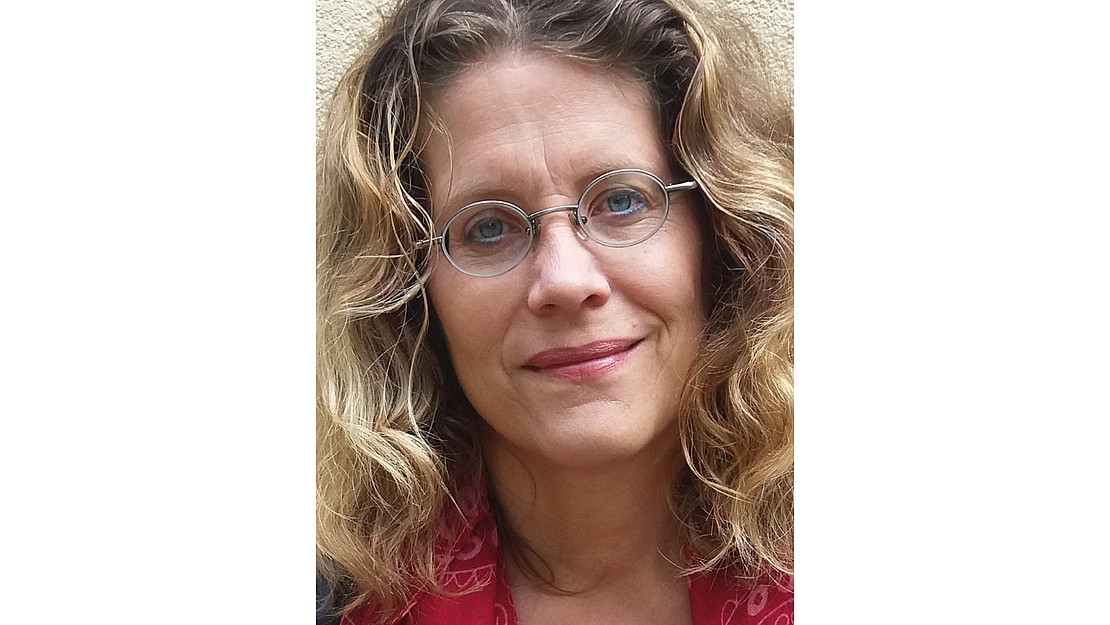This page contains automatically translated content.
The university as a sanctuary?
 Image: private.
Image: private.Some time ago I had a wondrous dream. Apparently, I was still completely under the spell of the utopias from my seminar on enlightenment and censorship. In those, too, the most wondrous things are always dreamed. For example, in the most famous utopia of the Enlightenment, The Year 2440 by Louis-Sébastien Mercier. A huge tower of books is burned, everything unreasonable is destroyed. Novels, for example. So that people don't get any stupid ideas in the first place - and freedom of thought finally triumphs (the Enlightenment has always had a dialectical slant).
My dream, however, had nothing to do with censorship. Or maybe it did? In any case, the place I dreamed of was not Paris, as in Mercier's work, but Kassel, especially our university. It seemed to me completely changed. Everyone treated each other with respect. Nobody hurt the others, even the word 'hurt' was avoided. Lectures that could have made one feel uncomfortable were cancelled. And if not, there was music and bubbles in the next room as an alternative program. Criticism did not exist, not even in the form of shaking heads. In literary studies, my guild, much had changed as well. Novels were not burned, but they now carried warning labels. So one could not be caught off guard by bad things. And if one found them incriminating, one was allowed to be tested about something else.
The dreamers of the 18th century are always very wistful when they wake up from their utopias. I, on the other hand, was drenched in sweat: the brave new university world had lost exactly what I consider a university to be: a place for acquiring knowledge, for debate and controversy. What a nightmare! - And yet all these cases stem from reality. In the U.S., some time ago, law students wanted the word 'violate' banned from lectures. In British universities, no-platforming is rampant, negative head motions have been sanctioned in Edinburgh, and the bubble-safespace has been established in Providence, Rhode Island. US publishers put trigger warnings on book covers at student request.
Is this censorship? At the very least, it expresses a longing for boundaries that seems analogous to censorship. At the latest when campus rules systematically control and sanction speech and thought. The university system in particular seems to be susceptible to a rampant culture of caution. A culture in which idealism threatens to tip over into dogmatism. How did this student snowflake generation come to propagate such thinking? U.S. sociologists are currently trying to find out - perhaps the study of the phenomenon heralds its critical scrutiny.
The above-mentioned examples of threatened freedom of speech originate from the Anglo-Saxon university world - for the time being. Safe spaces, trigger warnings and micro-aggressions have also arrived here. However, they are usually accompanied by vehement criticism. The students in my censorship seminar, by the way, had not heard of this yet - which relieved me. I was even more relieved by their clear commitment to controversy, which they considered necessary in research and teaching. They were critical of the concept of a sanctuary university. What luck! Or also: What a matter of course ... How can one study law without dealing with violence, medicine without disease and death, environmental sciences without climate change? Literature, for its part, often revolves around all this at the same time. Men are constantly killing their lovers, fathers their daughters, mothers their babies, unhappy lovers themselves, and brothers each other. And I'm not thinking of brutal thrillers, but of Schiller, Lessing and Goethe. Our classics - perhaps unforgettable because we have to deal with the disturbing sides of life over and over again.
No: safe space is not a utopian future model for the university. To be sure, we probably all sometimes long for limits to freedom of expression. For example, in the case of dangerous stupidity, intolerance, narrow-mindedness. Nevertheless, censorship is no solution. In a free society, many things are allowed. For example, sexism, although it is reactionary and repulsive. In such cases, one must discuss ethics, not law. It is irritating when the university becomes the nucleus of a culture in which the differences between should and may become blurred.
This essay appeared on December 18, 2018 in the 3/2018 issue of the university magazine publik.